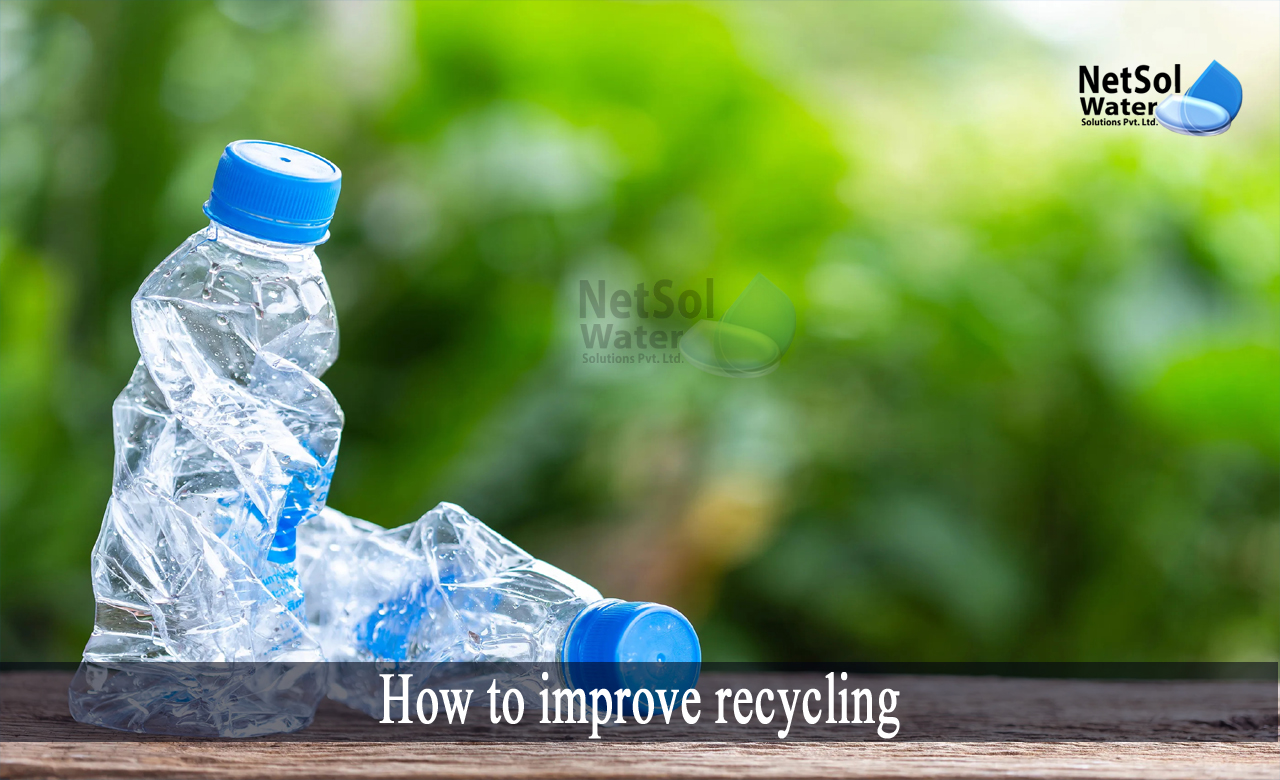Introduction
It's important to clean objects before adding them to your recycling, to prevent contamination. Typically, this refers to cleaning glass bottles and plastic food containers of any dirt or food residue.
The recycling process might be hampered by materials that damage machinery, if they include excessive dirt and oil. This not only rejects the opportunity for recycling, but also results in more greenhouse gas emissions. As a result, it becomes important to improve recycling.
Separating recyclables from non-recyclables is just as crucial as understanding, when an item can no longer be recycled!
We often think that goods are 100% recyclable in our bins, however, they often aren't!
Coffee cups, for instance, are rarely 100% paper. They frequently have a plastic liner, which is undesirable during the paper pulping process. The same holds true for products in freezer boxes, including fish sticks.
You can prevent the bulk of contamination with these recycling fundamentals, together with a firm awareness of your community's recycling regulations. Once you've mastered that, you'll be able to devote a bit more time, to figuring out which materials can still be recycled nearby, even though they can't be recycled curb-side.
Recycling in a circular economy
The key to becoming zero waste is to stand back, and consider the larger context of the waste we produce. Recycling is one method for reducing waste and reducing greenhouse gas emissions, but there are other measures we can do first.
Circular economy attempts to lessen the mining of raw resources, and takes the waste we make, and directs it towards the creation of new products. Although, developing a circular economy may seem like a high objective for individuals and small enterprises, there is plenty that can be done on a smaller scale, to help bring about a change in national habits.
Prevention, minimization, and reuse are the processes that come before recycling, according to holistic waste management.
How to improve recycling?
For households, avoidance and waste minimization may entail swapping out single-use items for zero-waste alternatives, that are more enduring and sustainably produced or, choosing locally sold goods over those from supermarkets that come wrapped in plastic.
Instead of recycling clothing, refer to reusing it or donating it.
More uniformity and clarity are needed regarding what can be recycled. Everyone may now contribute, by becoming proficient in the recycling fundamentals, which include reading packaging, comprehending local regulations, and organizing their own recycling appropriately.
How may we be of help?
In order to recyclesolid waste, Netsol Water, a global developer of solutions for problems relating to water, wastewater, and solid waste, manufactures a variety of waste recyclers.
Utilizing such technologies reduces the likelihood of producing any solid waste. It will eventually establish long-lasting practices for handling solid waste in homes or other commercial settings, or industries.
Netsol Water is Greater Noida-based leading water & wastewater treatment plant manufacturer. We are industry's most demanding company based on client review and work quality. We are known as best commercial RO plant manufacturers, industrial RO plant manufacturer, sewage treatment plant manufacturer, Water Softener Plant Manufacturers and effluent treatment plant manufacturers. Apart from this 24x7 customer support is our USP. Call on +91-9650608473, or write us at enquiry@netsolwater.com for any support, inquiry or product-purchase related query.



